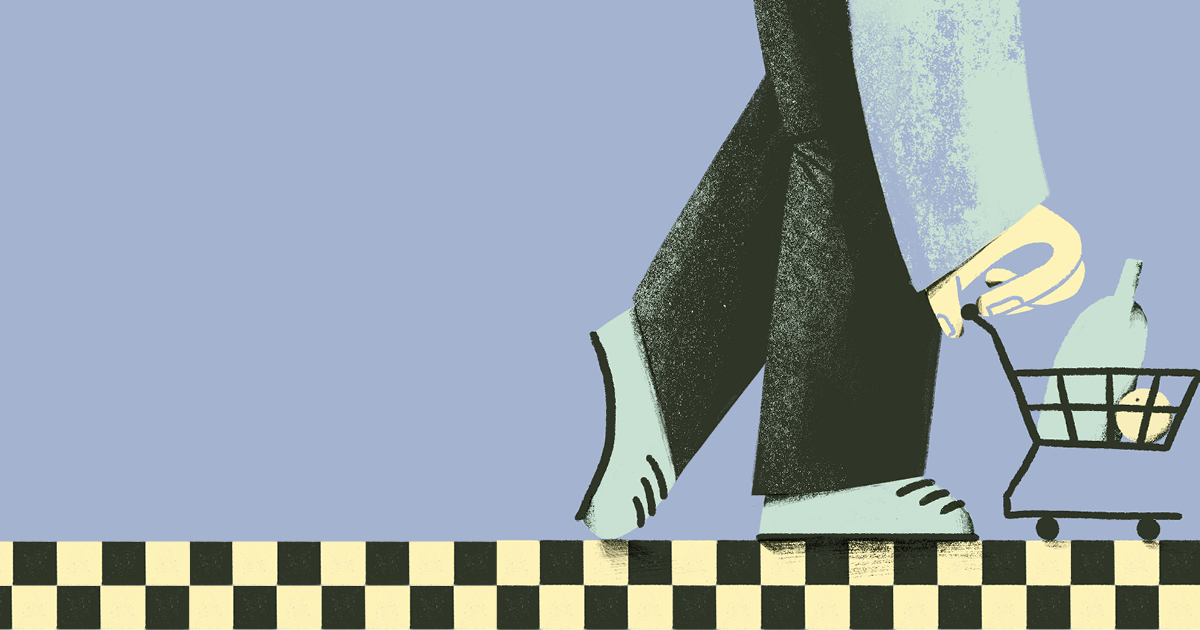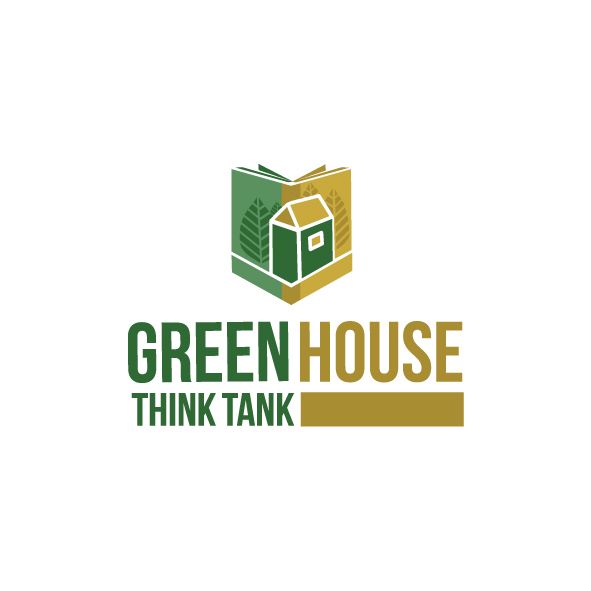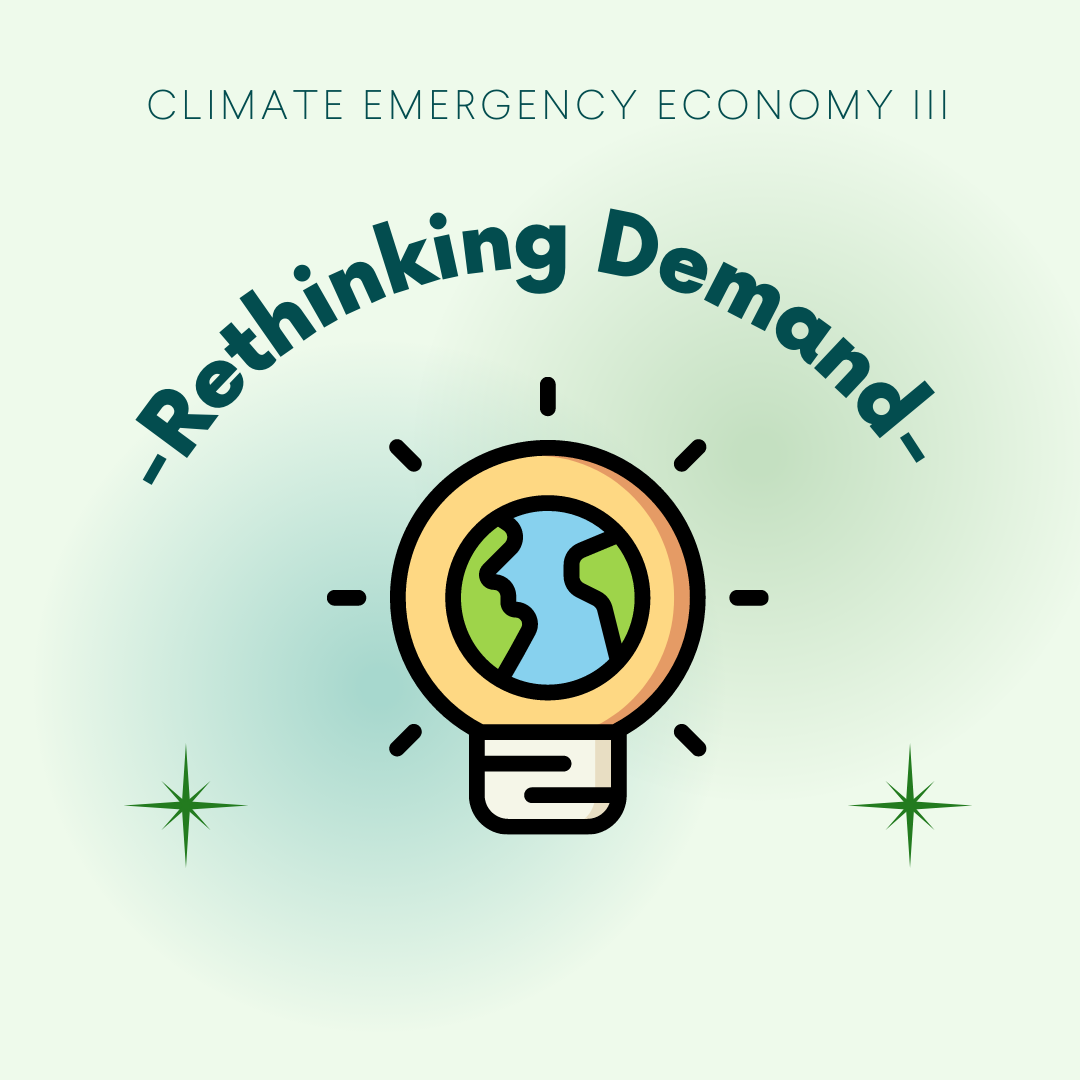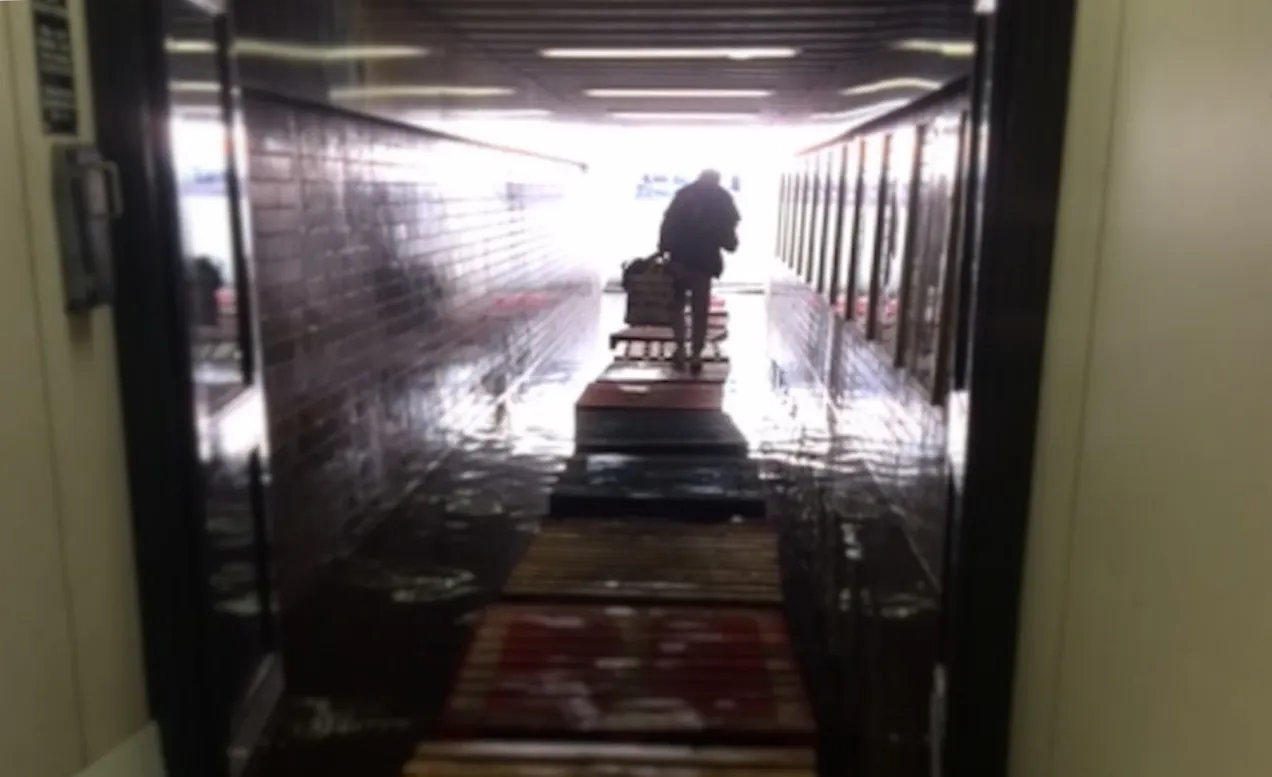
Rethinking Demand
Project Launch. The Climate Emergency Economy project in 2022 will focusing on rethinking demand for energy and materials.
Our continuation of the Climate Emergency Economy (CEE) project in 2022 focuses on one crucial aspect of the shift away from ‘business-as-usual’: how to reduce demand for materials and energy.
European economies have been trying to deliver the same good and services using less energy, and to some extent fewer materials. This focus on improving 'efficiency' has in some cases led to rebound effects where the total consumption of goods and energy demand actually increases. Overall, the focus on 'efficiency' and technology substitution has failed to deliver the emissions reduction we need.
This project therefore explores the scope, need and implications of rethinking not just how we use energy and material to deliver goods and services, but rethinking what goods and services are needed to deliver a good life for all. For instance, rather than just thinking about how we can keep homes and offices between 18 and 21 degrees all year round with renewable energy: what if we reconsider how much, and what type of heat is needed for everyone to be comfortable? What if we rethink transport to not just make vehicles more 'energy efficient', but also reconsider what mobility and access to services adds to people's wellbeing? If all services can be provided such that they can be easily accessed without a car, there is much more scope to deliver transport systems with lower energy and resource requirements.
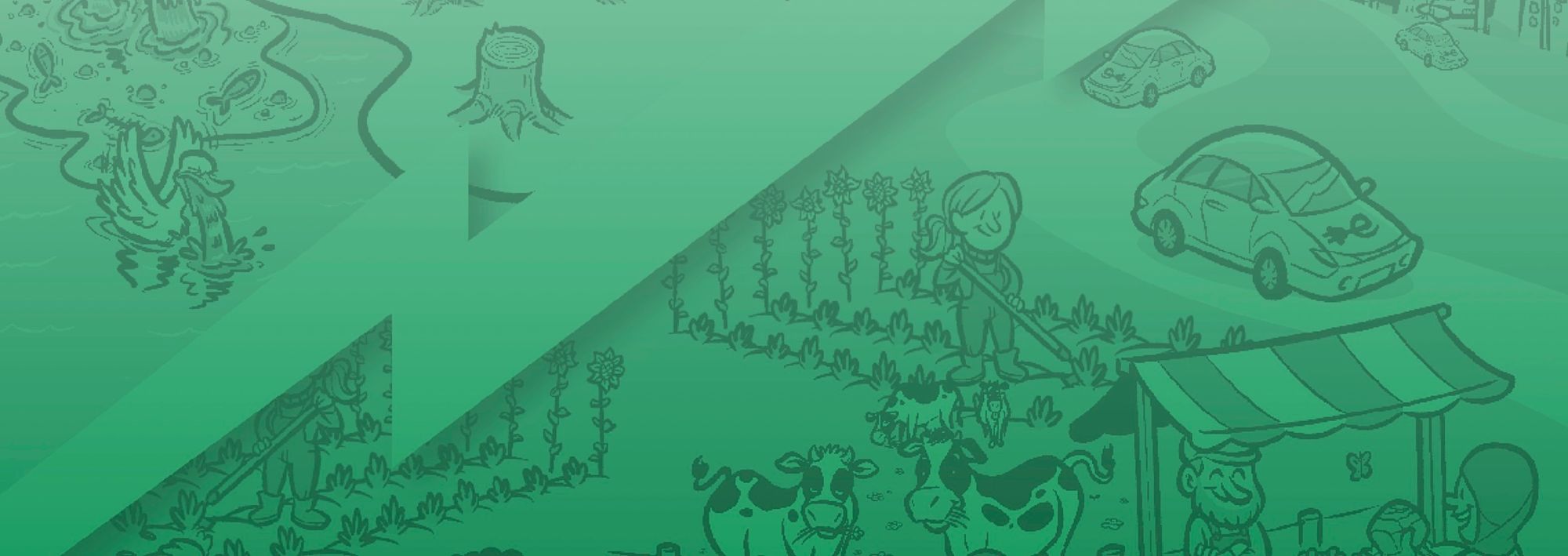
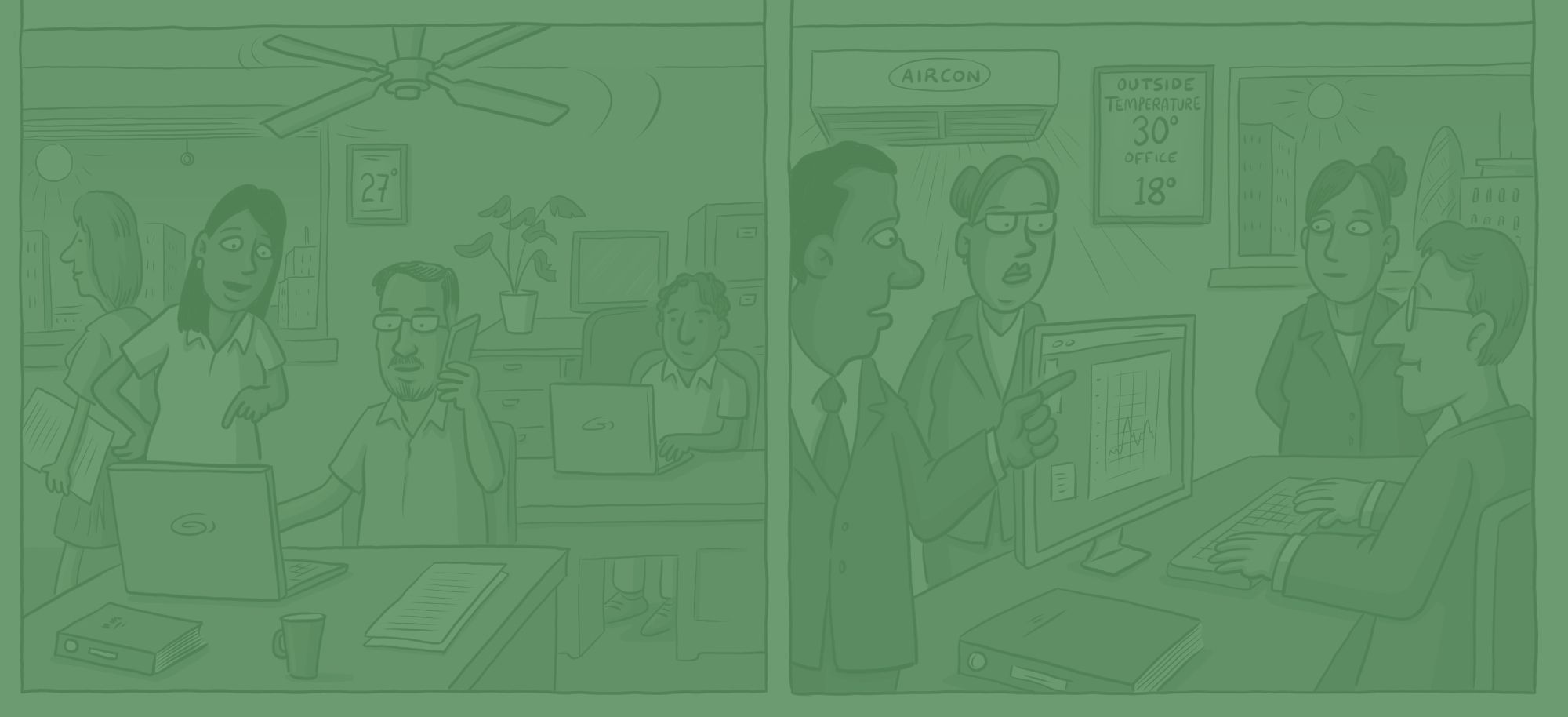
This broader decomposing of the energy systems in our society is may well not just be an advantage, but a necessity. Reproducing existing consumption levels with marginally less energy and resources is insufficient to shift our economy to zero carbon and deliver on 1.5℃ target, because there is very little time, resources and renewable energy to build all the goods, vehicles and machinery required. Only by reworking our economies to focus on the goods and services which make the biggest contribution to wellbeing for all, can we reduce the total energy and material demand sufficiently to fit within ecological limits.
Such a fundamental re-designing of our economy requires reconsidering many wider aspect of our societies that shape and motivate demand. Social institutions, advertising, the common understanding of historic trends, infrastructure investment and familiarity with technologies allow influence what energy and materials our society uses, how they are used, and to some degree who benifits from them. Therefore the social and political aspect to demand must be considered alongside the technical options.
The project will explore how to frame rethinking demand politically, and articulate clear plans for demand reduction so green narratives are better grounded in reality and a share a vision of hope. This will focus on:
- The livelihoods, community and regional resilience benefits of demand reduction
- How rethinking demand relates to political thinking regarding desire, temperance and sobriety to align communication to the transformations needed
- Grounding decarbonisation pathways in practical limits, in contrast to techno-optimism and green-washing
Green House think tank is leading on this Green European Foundation organised project, and is collaborating with Green Foundation Ireland, and Etopia (see project webpage). The project will span 2022 and lead with a series on interviews, research and close round tables. In the Autumn series of publication will follow along with public events.
Project Events & Publications:
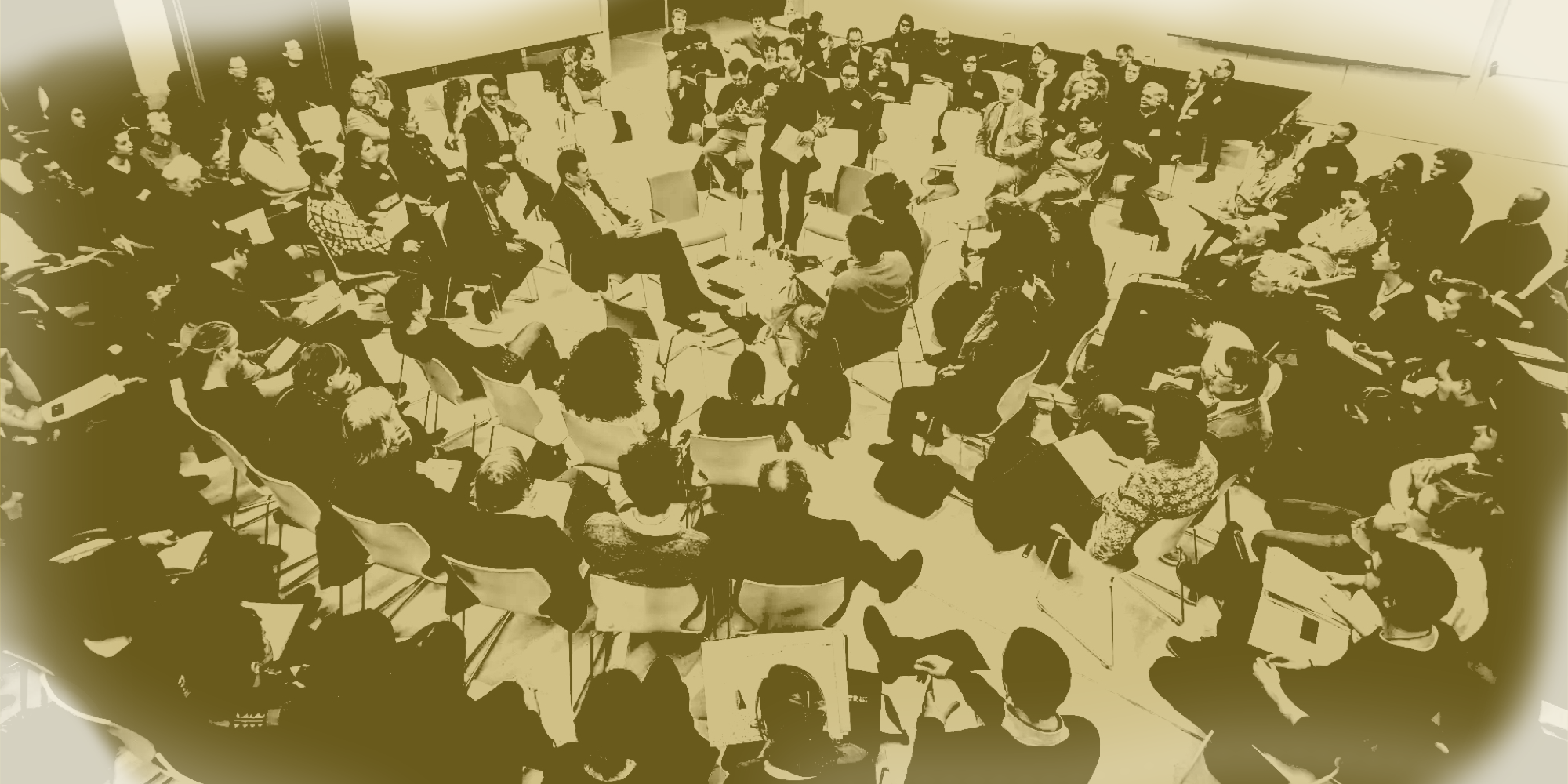

Related Articles:
